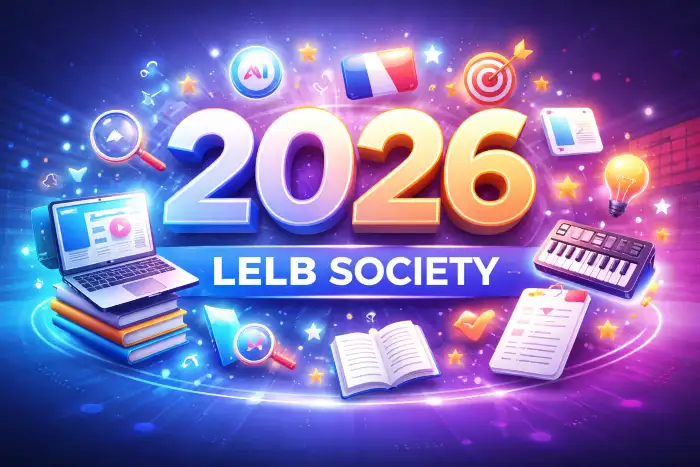Table of Contents
English presentation on emotional intelligence compared with IQ with reading comprehension to practice your listening, reading and speaking abilities. Join LELB Society’s students and members and give presentations in English and Persian for immediate thorough feedback.
English presentation on emotional intelligence
Reading practice on emotional intelligence
What is emotional intelligence?
Emotional intelligence (EI) is the ability to perceive, interpret, demonstrate, control, and use emotions to communicate with and relate to others effectively and constructively. This ability to express and control emotions is essential, but so is the ability to understand, interpret, and respond to the emotions of others.
Components of emotional intelligence
- Perceiving emotions: The first step in understanding emotions is to perceive them accurately. In many cases, this might involve understanding nonverbal signals such as body language and facial expressions.
- Reasoning with emotions: The next step involves using emotions to promote thinking and cognitive activity. Emotions help prioritize what we pay attention and react to; we respond emotionally to things that garner our attention.
- Understanding emotions: The emotions that we perceive can carry a wide variety of meanings. If someone is expressing angry emotions, the observer must interpret the cause of the person’s anger and what it could mean. For example, if your boss is acting angry, it might mean that they are dissatisfied with your work, or it could be because they got a speeding ticket on their way to work that morning or that they’ve been fighting with someone else.
- Managing emotions: The ability to manage emotions effectively is a crucial part of emotional intelligence and the highest level. Regulating emotions and responding appropriately as well as responding to the emotions of others are all important aspects of emotional management.
Source: https://www.verywellmind.com/
Why is emotional intelligence so important?

As we know, it’s not the smartest people who are the most successful or the most fulfilled in life. You probably know people who are academically brilliant and yet are socially inept and unsuccessful at work or in their personal relationships. Intellectual ability or your intelligence quotient (IQ) isn’t enough on its own to achieve success in life. Yes, your IQ can help you get into college, but it’s your EQ that will help you manage the stress and emotions when facing your final exams. IQ and EQ exist in tandem and are most effective when they build off one another.
Source: https://www.helpguide.org/
Self-awareness

If you’re self-aware, you can see your own patterns of behaviors and motives. You know how your emotions and actions impact those around you, for better or for worse. You can name your own emotions when they come up and understand why they’re there.
You can also recognize your triggers, identify your strengths, and see your own limitations. Being self-aware can also mean you’re humble — we’re all only human, after all.
Self-regulation

If you can self-regulate, your emotional reactions are in proportion to the given circumstances.
You know how to pause, as needed, and control your impulses. You think before you act and consider the consequences. It also means you know how to ease tension, manage conflict, cope with difficult scenarios, and adapt to changes in your environment. It’s all about bringing out the part of yourself that helps manage emotions.
Motivation

If you’re intrinsically motivated, you have a thirst for personal development. You’re highly driven to succeed, whatever your version of success looks like. You’re inspired to accomplish goals because it helps you grow as a person, rather than doing it for outside rewards like money, fame, status, or recognition.
Source: https://psychcentral.com/
Empathy and EQ

Can you run out of empathy? According to Psychology Today, individuals facing consistent trauma (in other words: people living through the pandemic) can find themselves facing “compassion fatigue”. Worn out and running on empty, many are feeling the effects of extensive burnout. That short fuse shows up in a lack of consideration for others. While many regard empathy as a soft skill, true leaders see the power inside of deeper understanding – and deeply value the ability to continually access empathy, now more than ever.
Because, at its core, empathy is about understanding: being able to see the world from another person’s viewpoint. Without that ability, teams break down. Leaders lose respect. Individuals are not recognized, and potentials go unrealized. Especially now, during the pandemic, empathy is in short supply. Here’s how to access a deeper understanding around empathy, and access EQ (emotional intelligence) during a time when your organization needs it most.
Source: https://www.forbes.com/



